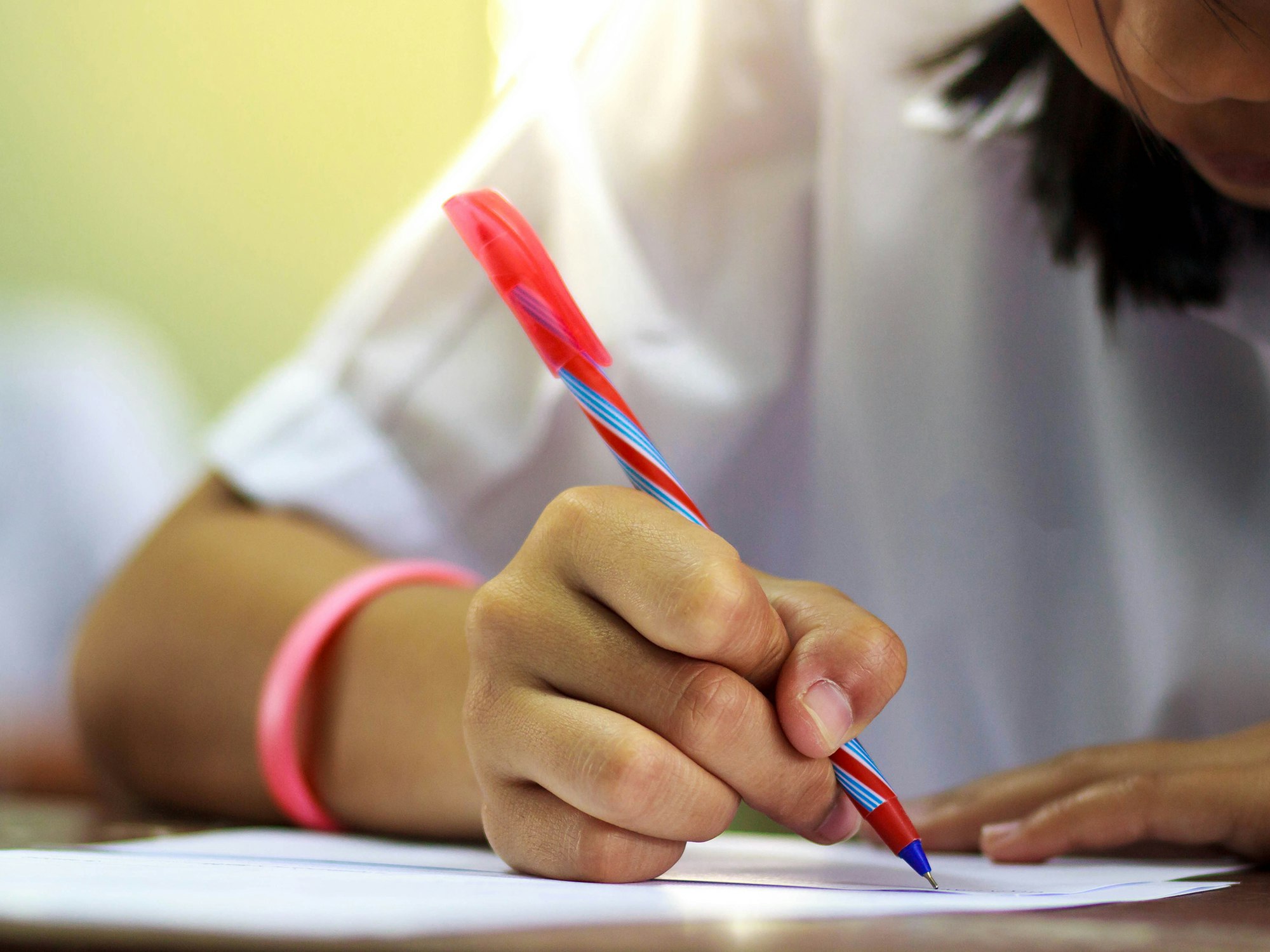Discrimination claims against Australia’s education system

No gold star has been branded on Australia’s education system with large number of children with disabilities reported to be discriminated against according to a recent national survey.
Academics from the University of Melbourne, Macquarie University and Curtin University collected information from more than 700 students with a disability, family members and advocates also involving data from more than 160 school staff.
The results released this week found that 70 percent of the students have experienced one or more instances of ‘gatekeeping’ or restrictive practices.
Curtin University Adjunct Associate Professor Robert Jackson says the findings were alarming.
“It is quite alarming that many of the practices reported appear to be in direct contravention of the law, contrary to decades of research evidence and directly contrary to the stated values of many of the schools involved,” Dr Jackson says.
Gatekeeping refers to unofficial, either subtle or overt practices, that mainstream schools use to discourage initial and continued enrolment and inclusive participation of students with disability.
Children and Young People with Disability Australia (CYDA) Chief Executive Officer Stephanie Gotlib says results show that the mainstream education system continues to resist the inclusion of students with disability.
“There is an urgent need to reform the education system and stop these exclusionary practices,” Ms Gotlib says.
“Gatekeeping and restrictive practices hamper the long-term academic and social outcomes for students with disability.”
CYDA provides a link between the direct experiences of children and young people with disability and their families to federal government and other key stakeholders.
An Australian Department of Education and Training spokesperson has made clear that specific individual needs and education for students with disabilities is not ‘one size fits all’.
“It is important there are a range of educational settings available, including specialist schools, specialist units in mainstream schools and inclusion is mainstream classes,” they say.
“Parents and carers, are the best people to decide the most appropriate educational setting for their child.”
The government are expected to invest a record $247.2 billion in school recurrent funding over the next 10 years including an estimated $21.7 billion to recognise the additional needs of students with disability.
The spokesperson also underlined the government’s eagerness to maintain a high quality standard from teachers and educators with the establishment of the Australian Institute for Teaching and School Leadership and their endorsed policies.
“The Australian government is committed to improving the effectiveness and capability of the teaching profession, including in relation to students with disabilities and learning difficulties,” they state.
“The (Australian Professional Standards for Teachers) standards have been endorsed by all Australian education ministers, and require teachers to be able to support full participation of students with disability and to differentiate teaching to meet the learning needs of students across the full range of abilities.”
Collaboration with the states and territories, and non-government education authorities will continue to help support students with disabilities to have the same educational opportunities as other school students.